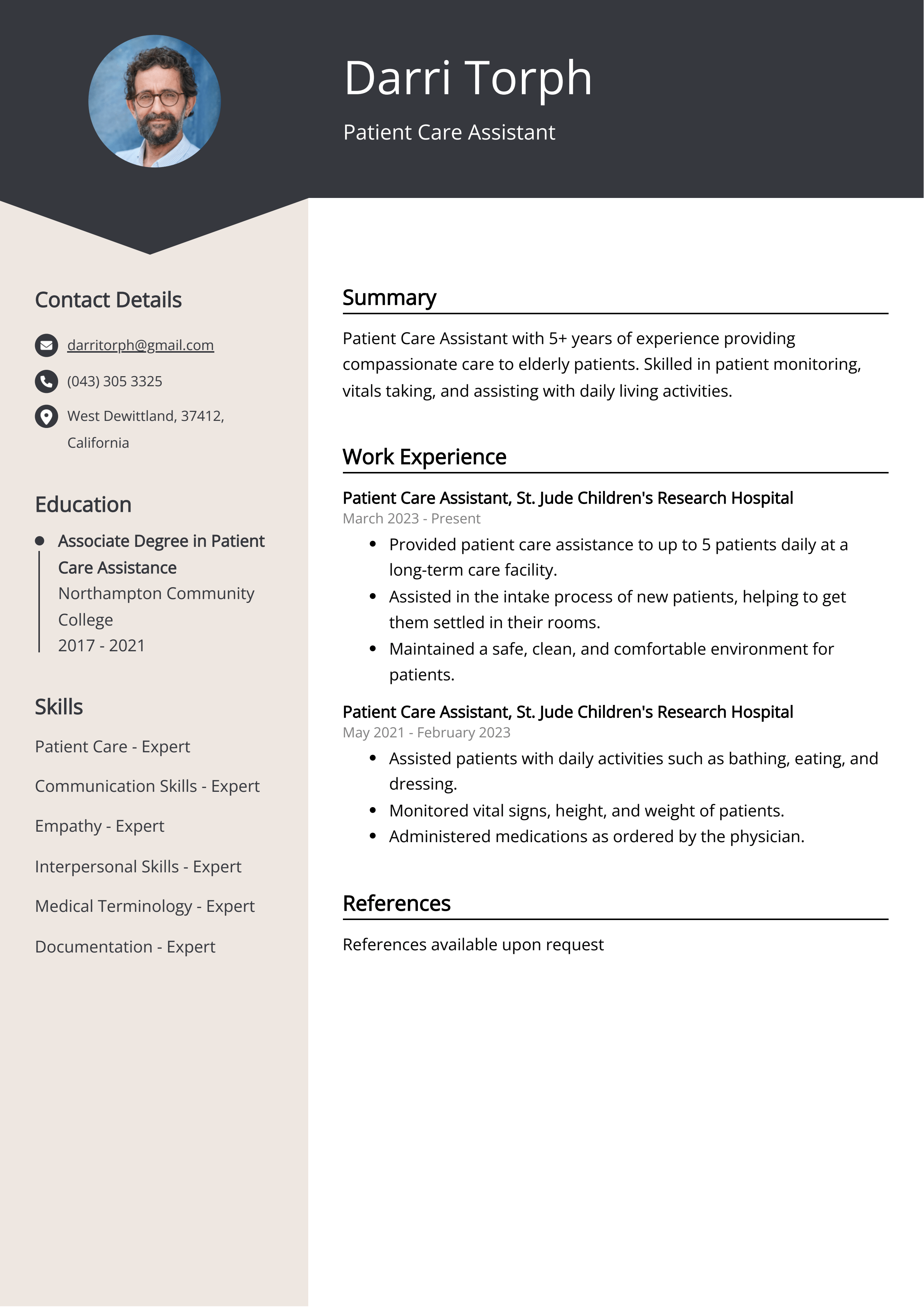Embarking on a career as a Health Care Assistant is a truly rewarding path, allowing you to make a tangible difference in people’s lives every single day. However, securing that ideal position often begins long before you step into an interview room. It starts with your CV, your professional story compressed onto a few pages, designed to capture the attention of busy recruiters.
In today’s competitive job market, your CV isn’t just a document; it’s your first impression, your advocate, and your opportunity to showcase why you are the perfect fit for a healthcare team. Crafting a compelling CV that highlights your empathy, skills, and dedication is paramount. Let’s explore how you can create an outstanding CV that opens doors to your dream role.
Building Your Stellar CV: Essential Sections and Content
When recruiters review applications for a Health Care Assistant role, they are looking for specific information presented clearly and concisely. Think of your CV as a strategic document, designed to quickly communicate your suitability and stand out from the crowd. Every section plays a vital role in painting a complete picture of your professional capabilities and personal attributes.
Starting with your contact information, ensure it is accurate and easily visible at the top. Following this, a strong personal statement or professional summary is crucial. This is your elevator pitch, a brief paragraph or two that outlines your key skills, experience, and career aspirations, tailored specifically to the Health Care Assistant profession. Highlight your passion for patient care, your reliability, and any specialisations that might be relevant.
Key Sections to Include
- **Contact Information:** Name, phone number, email, and professional LinkedIn profile (if applicable).
- **Personal Statement/Summary:** A concise introduction (3-5 sentences) that outlines your career goals and what you bring to the role.
- **Skills:** This is where you list both your hard skills (e.g., vital sign monitoring, first aid, patient mobility assistance) and soft skills (e.g., communication, empathy, teamwork, problem-solving).
- **Work Experience:** Detail your previous roles in reverse chronological order. For each position, include your job title, employer name, dates of employment, and key responsibilities and achievements using action verbs.
- **Education and Qualifications:** List relevant academic qualifications, vocational training, and any healthcare-specific certifications, such as NVQ in Health and Social Care, First Aid, or Basic Life Support.
- **References:** State “References available upon request.”
For the work experience section, don’t just list duties; quantify your achievements where possible. Instead of “Assisted patients,” consider “Assisted an average of 10-15 patients daily with personal care and mobility, ensuring dignity and comfort.” This level of detail provides a much clearer picture of your capabilities and impact. Remember, the goal is to make it easy for the recruiter to see you as the ideal candidate for their team.

Making Your CV Stand Out: Tips for Impactful Presentation
Beyond the content itself, how you present your CV can significantly influence a recruiter’s first impression. A well-organised, easy-to-read document reflects professionalism and attention to detail, qualities highly valued in any healthcare setting. This is particularly true when you are trying to perfect your cv template for health care assistant to ensure it gets noticed among many applications.
Firstly, aim for clarity and conciseness. A typical CV for a Health Care Assistant should ideally be two pages long. Use clear headings, bullet points, and consistent formatting throughout. Choose a professional, readable font (like Arial or Calibri) and a size that is comfortable to read. Avoid overly decorative fonts or excessive colours, as these can distract from your professional message.
Proofreading is not just important; it’s absolutely critical. A single typo or grammatical error can undermine your credibility. After you’ve finished writing, take a break and then review your CV with fresh eyes. Better yet, ask a trusted friend or family member to proofread it for you. They might spot errors you’ve overlooked. Pay close attention to dates, names, and contact information to ensure accuracy.
- **Tailor Your CV:** Always customise your CV for each job application. Read the job description carefully and incorporate keywords and phrases from it into your CV, especially in your personal statement and skills sections.
- **Quantify Achievements:** Use numbers and data to demonstrate your impact. How many patients did you care for? Did you contribute to improving patient satisfaction scores?
- **Action Verbs:** Start bullet points in your experience section with strong action verbs like ‘Assisted’, ‘Administered’, ‘Managed’, ‘Monitored’, ‘Supported’, ‘Collaborated’.
- **Highlight Soft Skills:** Empathy, patience, communication, adaptability, and teamwork are invaluable in healthcare. Weave these into your personal statement and experience descriptions.
Finally, consider saving and sending your CV as a PDF file unless otherwise specified. This ensures that your formatting remains consistent regardless of the device or software the recruiter uses to open it. A polished, error-free PDF shows you take pride in your work and are detail-oriented, which are excellent traits for any healthcare professional.
Creating a powerful CV is an investment in your career, showcasing your dedication and unique suitability for a Health Care Assistant role. By presenting your skills and experiences clearly and compellingly, you significantly increase your chances of securing that vital interview.
Remember, your CV is your professional handshake, introducing you before you even meet. Make it count, and you’ll be well on your way to making a meaningful impact in the healthcare sector.
